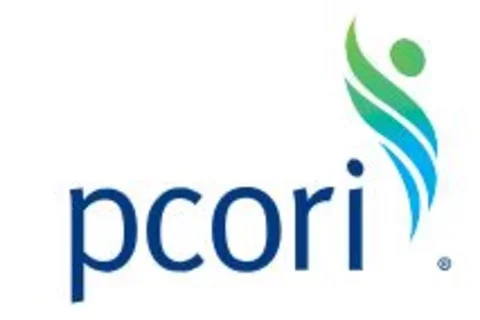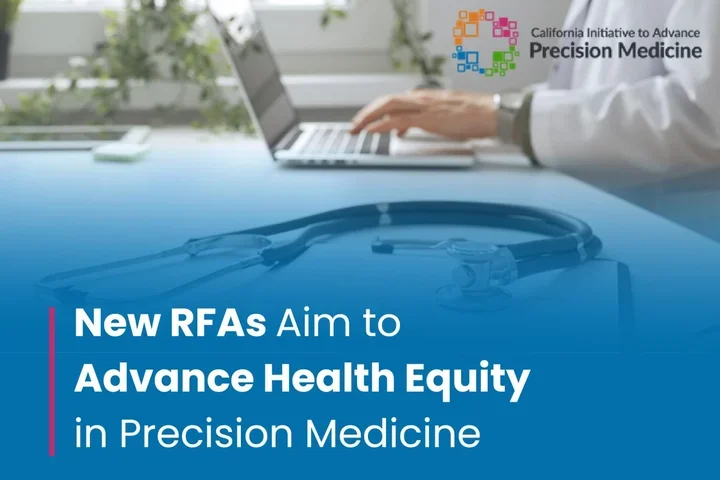Now available! Patient-centered outcomes research institute CME/CE modules

The Patient-Centered Outcomes Research Institute (PCORI) has just released a series of six free CME/CE activities on their methods standards for patient-centered outcomes research. The CME/CE modules are available at: http://www.pcori.org/research-results/cmece-activities. Researchers who wish to seek funding from PCORI will want to know about these new standards.
Led by highly qualified faculty, these CME/CE modules include the PCORI Methodology Standards recommendations for researchers on best practices for conducting patient-centered outcomes-oriented clinical research.
- Basic Context, Role, and Development of Standards in Comparative Effectiveness Research. Faculty: Mark Helfand, M.D.
- Role of Standards in PCORI Funding Announcements and the Application Process. Faculty: Robin Newhouse, Ph.D. and Peter H. Schwartz, M.D., Ph.D.
- Standards Categories 1 & 2 -- Formulating Research Questions and Patient Centeredness. Faculty: C. David Mullins, Ph.D., and Susan Zickmund, Ph.D.
- Standards Categories 3, 4 & 5 -- Data Integrity, Preventing and Handling Missing Data, and Heterogeneity of Treatment Effects. Faculty: Mark Helfand, M.D., and Sharon-Lise Normand, Ph.D.
- Standards Categories 6, 7 & 8 -- Data Registries, Data Networks, and Causal Inference. Faculty: Jason T. Connor, Ph.D., and Mark Helfand, M.D.
- Standards for Specific Study Designs: Standard Groups 9 & 10 -- Adaptive and Bayesian Trials Designs and Diagnostic Tests. Faculty: Mark Helfand, M.D.
A live webinar is to be scheduled at a future date. The webinar will feature case studies that illustrate the unique challenges in applying state-of-the-art patient-centered outcomes research methods.
Accredited partner organizations are issuing credit for nursing, pharmacy, and physician assistant professionals. Physician activities are accredited for AMA PRA Category 1 Credit.
Conducting patient-centered outcomes research is a crucial step in producing the high-quality, evidence-based information essential to engendering clinician and patient trust and confidence in healthcare decision making. The learning opportunities described here can help you and your colleagues to be in the vanguard of efforts toward true patient-centered, evidence-based care.
Image caption:
Image source:



